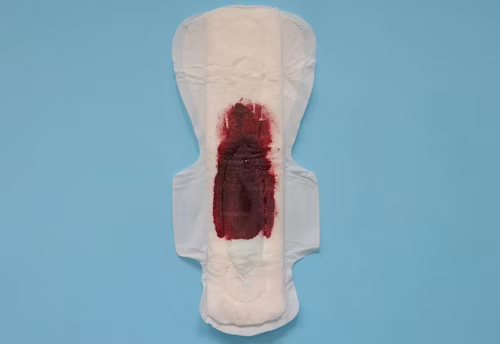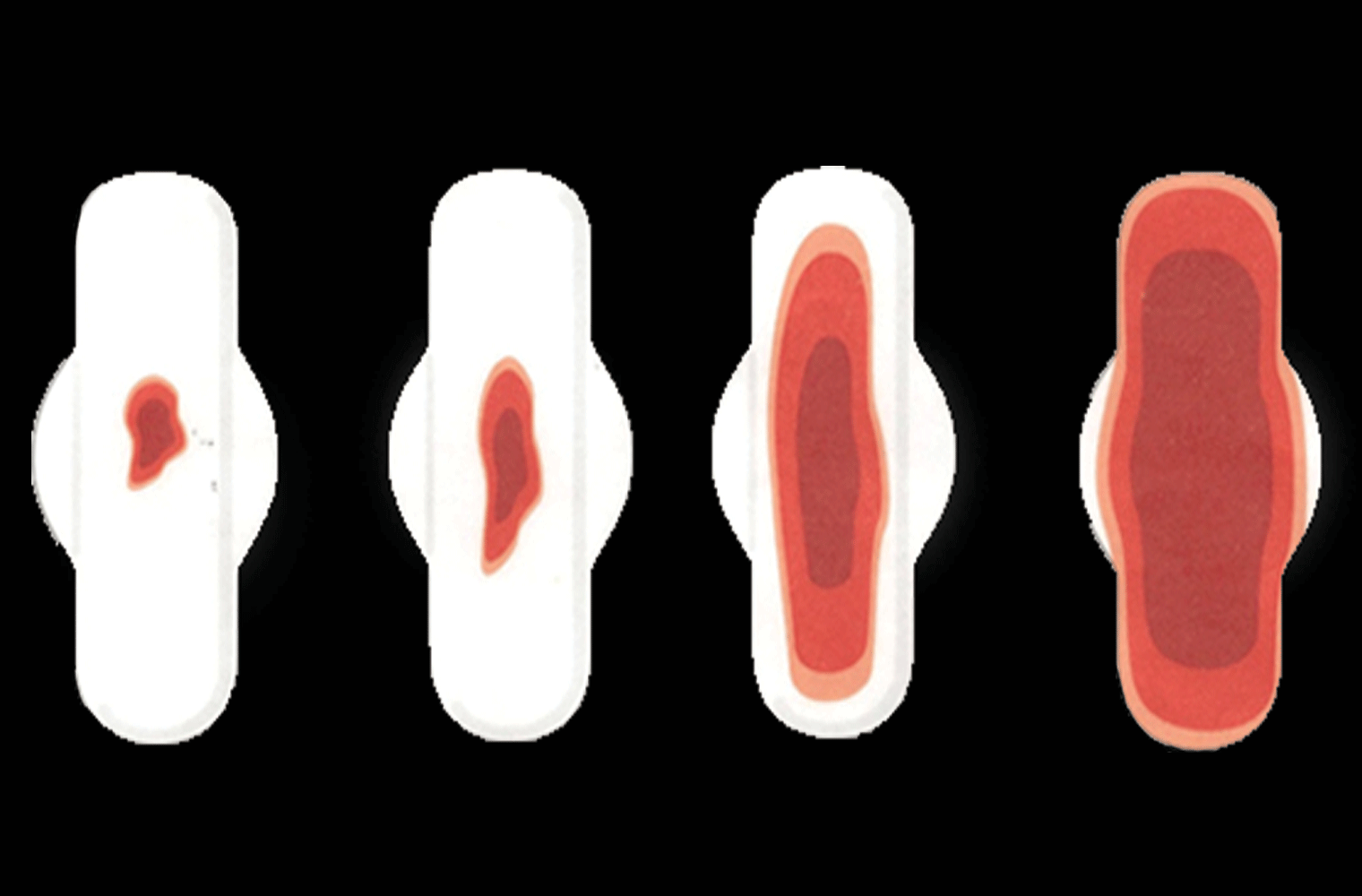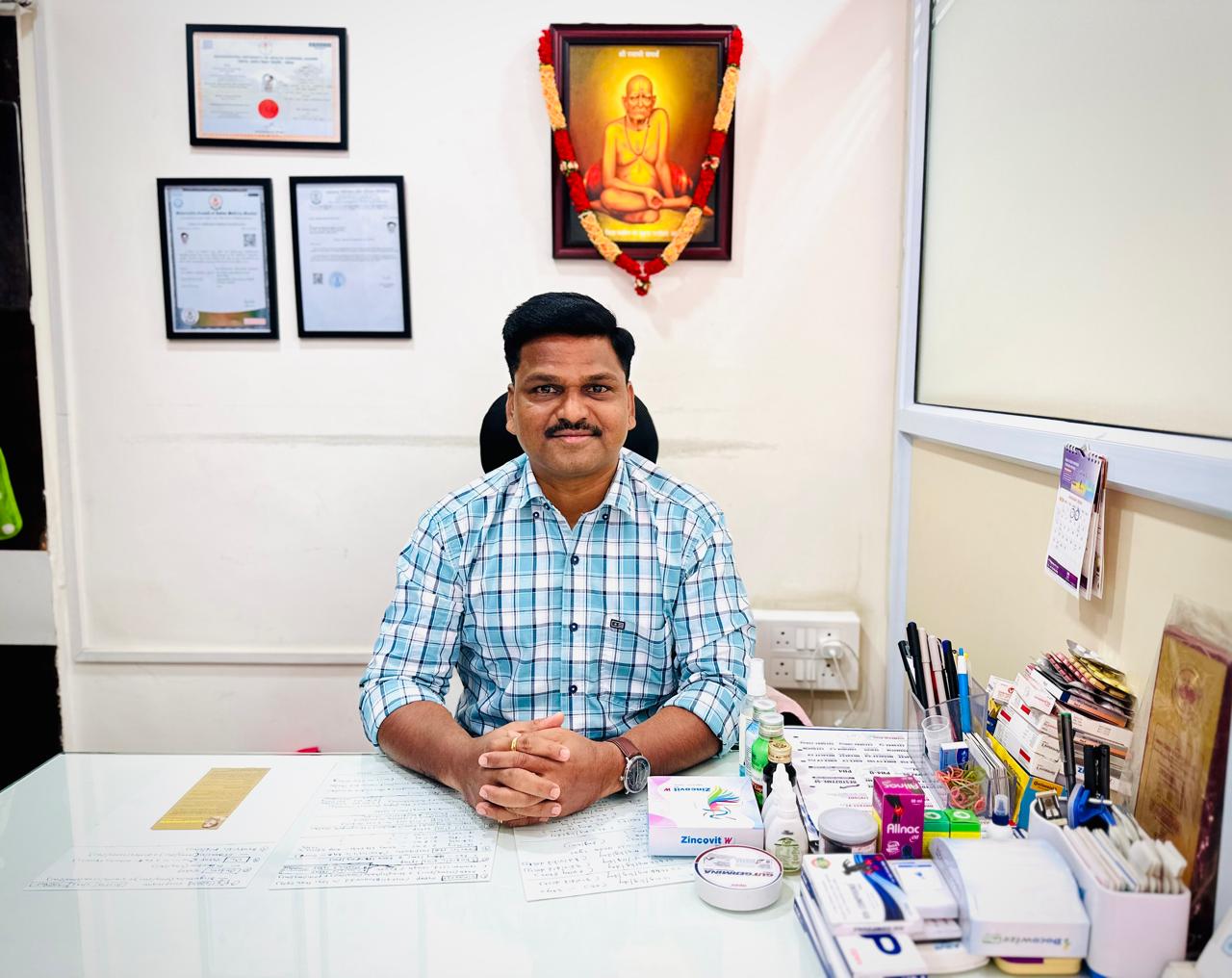Introduction

Menstrual health is a crucial aspect of a woman's overall well-being. Period issues, ranging from irregular cycles to severe cramps, can significantly impact daily life and mental health. As Dr. Vinayak Shinde, MS Obstetrics and a PhD scholar with expertise in both allopathic and Ayurvedic treatments, I aim to provide comprehensive insights into common period issues and their management.
Common Period Issues
1. Irregular Periods
- Causes: Hormonal imbalances, stress, excessive exercise, thyroid issues, Polycystic Ovary Syndrome (PCOS), and eating disorders.
- Symptoms: Inconsistent menstrual cycle lengths, missing periods, or having fewer than nine periods a year.

2. Heavy Menstrual Bleeding (Menorrhagia)
- Causes: Hormonal imbalances, uterine fibroids, polyps, endometriosis, and certain medications.
- Symptoms: Prolonged bleeding, passing large blood clots, and needing to change sanitary products frequently.

3. Painful Periods (Dysmenorrhea)
- Causes: Prostaglandin production, endometriosis, fibroids, and pelvic inflammatory disease.
- Symptoms: Severe cramps, lower back pain, and pain radiating to the thighs.

4. Premenstrual Syndrome (PMS)
- Causes: Hormonal changes before menstruation.
- Symptoms: Mood swings, bloating, breast tenderness, fatigue, and irritability.
5. Absent Periods (Amenorrhea)
- Causes: Pregnancy, breastfeeding, menopause, excessive exercise, low body weight, and stress.
- Symptoms: No menstrual period for three or more months in a row.
Diagnosis of Period Issues
Diagnosing menstrual problems involves:
- Medical History and Physical Examination: Discussing symptoms, menstrual cycle history, and a pelvic exam.
- Blood Tests: Checking hormone levels, thyroid function, and other relevant markers.
- Ultrasound: Imaging to detect abnormalities in the reproductive organs.
- Endometrial Biopsy: Sampling the uterine lining to check for abnormalities.
Allopathic Treatment Approaches for Period Issues
1. Medications:
- Hormonal Therapies: Birth control pills, patches, or IUDs to regulate cycles and reduce symptoms.
- Nonsteroidal Anti-Inflammatory Drugs (NSAIDs): For pain relief during menstruation.
- Tranexamic Acid: To reduce heavy menstrual bleeding.
- Gonadotropin-Releasing Hormone (GnRH) Agonists: For conditions like endometriosis.
2. Lifestyle Modifications:
- Diet: Balanced nutrition with adequate iron and vitamins.
- Exercise: Regular physical activity to maintain a healthy weight and reduce stress.
- Stress Management: Techniques like yoga, meditation, and counseling.
3. Surgical Options:
- Hysteroscopy: To remove polyps or fibroids.
- Endometrial Ablation: To reduce heavy bleeding.
- Laparoscopy: For diagnosing and treating conditions like endometriosis.
Ayurvedic Treatment Approaches for Period Issues
Ayurveda offers holistic treatments focusing on balancing the body's doshas (Vata, Pitta, and Kapha) :
1. Herbal Remedies:
- Ashoka: Regulates menstrual cycles and reduces heavy bleeding.
- Lodhra: Balances hormones and alleviates menstrual pain.
- Shatavari: Supports reproductive health and reduces PMS symptoms.
- Aloe Vera: Eases menstrual cramps and regulates periods.
2. Dietary Changes:
- Balancing Doshas: Eating foods that balance your specific dosha type.
- Anti-inflammatory Foods: Including turmeric, ginger, and omega-3 rich foods.
- Hydration: Drinking plenty of water to stay hydrated and reduce bloating.
3. Lifestyle Modifications:
- Yoga and Pranayama: Specific poses and breathing exercises to reduce menstrual pain and stress.
- Ayurvedic Massages (Abhyanga): Using warm oils to improve circulation and reduce pain.
- Panchakarma: Detoxification therapies to cleanse the body and balance hormones.
Integrative Approach to Managing Period Issues
Combining allopathic and Ayurvedic treatments can offer a comprehensive approach to managing period issues. For instance, while allopathic medications can provide quick relief from acute symptoms, Ayurvedic treatments can help address the root cause and promote long-term health.
Conclusion
Period issues are a common but manageable aspect of women's health. Understanding the causes, symptoms, and treatment options can empower women to take control of their menstrual health. As Dr. Vinayak Shinde, my mission is to guide and support women through their journey to better health and well-being.
For personalized advice and treatment plans, feel free to contact our clinic, Stree Aarogyam, in Pune. Let's work together towards achieving optimal menstrual health and a better quality of life.
Watch Videos for More information
Contact Information

Dr. Vinayak Shinde, MS Obstetrics, PhD Scholar
Stree Aarogyam Clinic, Pune
Email: info@streeaarogyam.in
Phone: +91 9890765835
Website: www.streeaarogyam.in